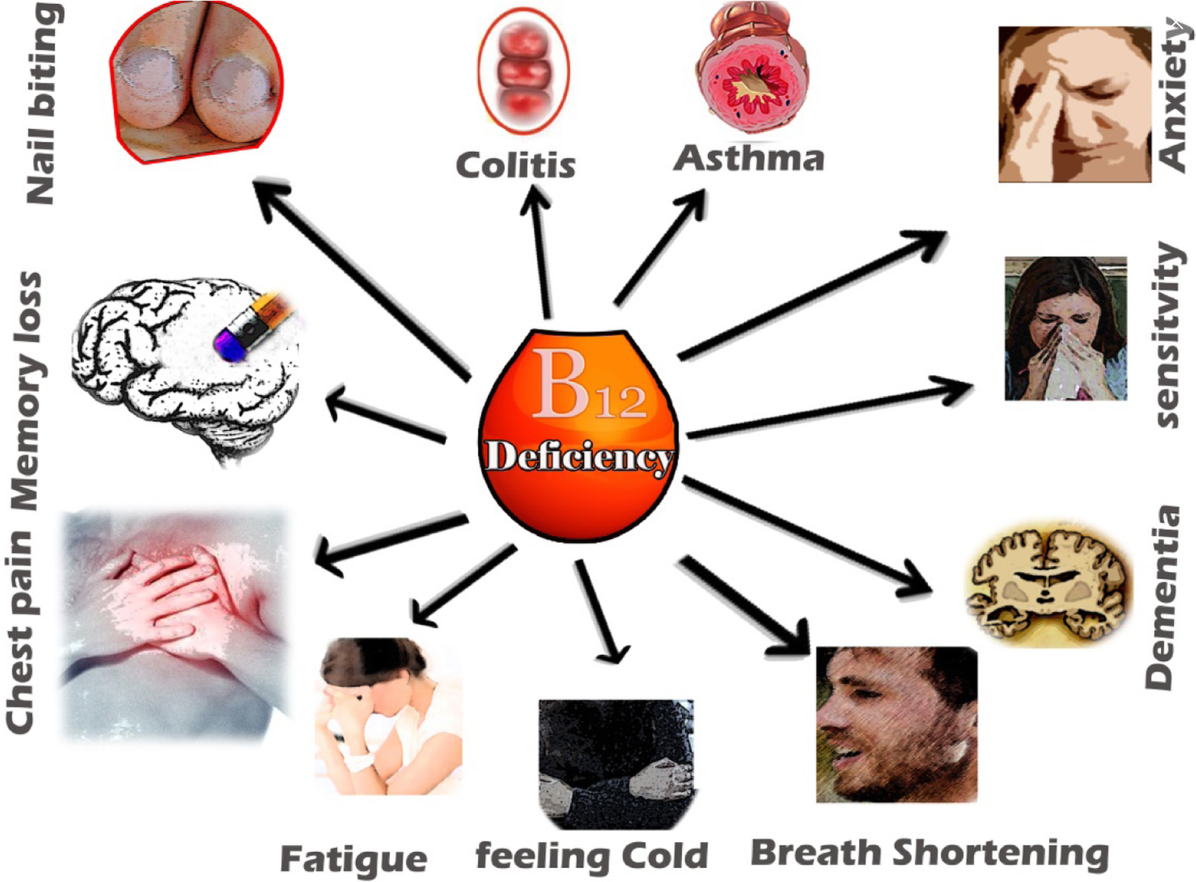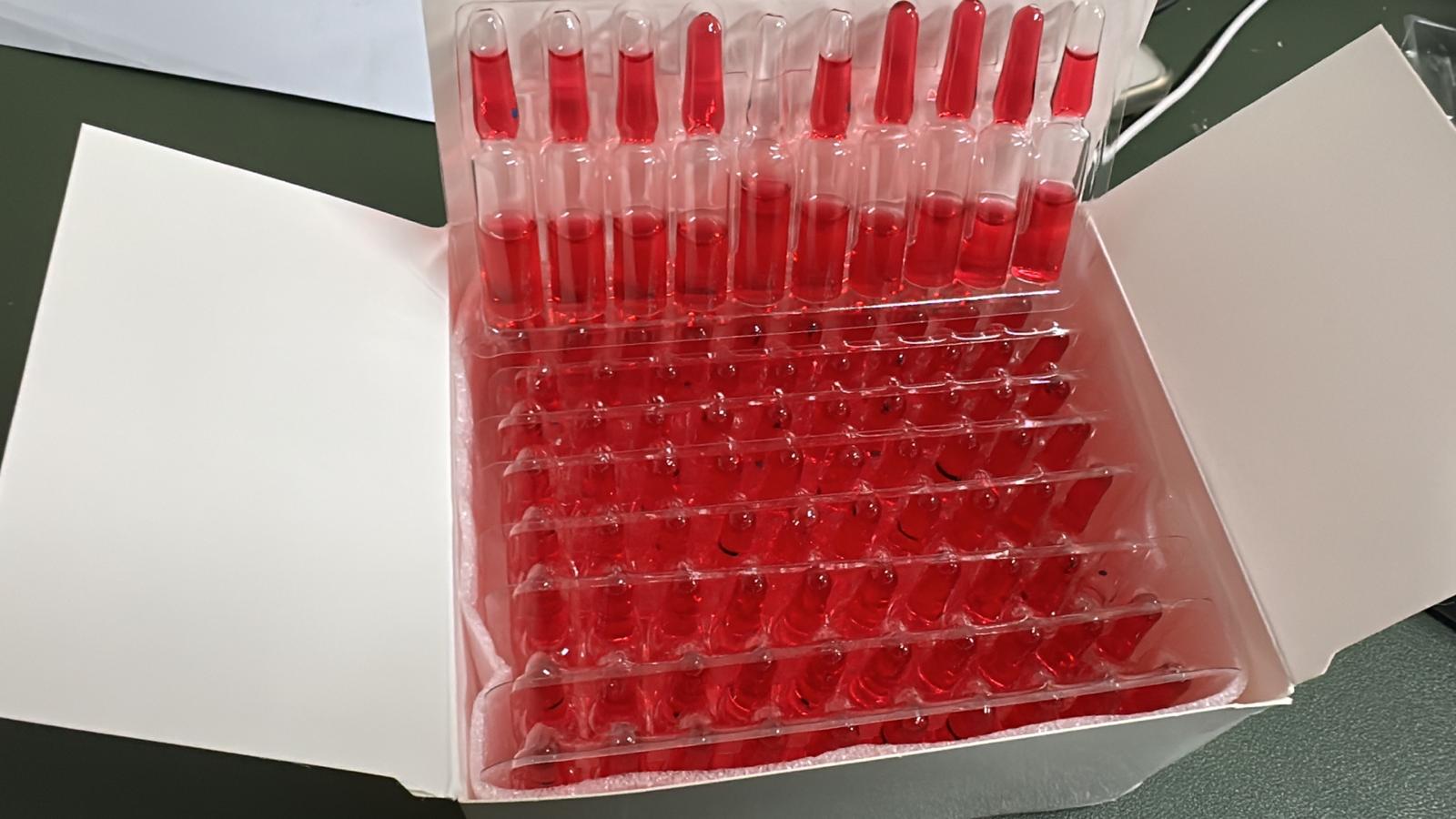Vitamin B12, also known as cobalamin, is one of the most essential nutrients for our body, playing a critical role in brain function, red blood cell formation, DNA synthesis, and nerve health. However, despite its importance, Vitamin B12 deficiency is alarmingly common yet often overlooked, leading to serious health problems if left untreated.
Let’s dive deep into this hidden health crisis, understand its causes, symptoms, risks, and solutions, and most importantly—how you can prevent and treat it before it wreaks havoc on your body!
Vitamin B12 deficiency is a nutritional disorder characterized by insufficient levels of this crucial water-soluble vitamin in the body. This condition can lead to significant health complications affecting multiple body systems, particularly neurological and hematological functions.
♂️Causes:
- Inadequate dietary intake, common in vegetarians and vegans
- Reduced absorption due to gastrointestinal disorders like Crohn’s disease or celiac disease
- Autoimmune conditions such as pernicious anemia
- Certain medications that interfere with B12 absorption
- Age-related reduced absorption capacity
♂️Symptoms:
- Persistent fatigue and weakness
- Neurological issues like numbness and tingling in hands and feet
- Difficulty maintaining balance
- Memory problems and cognitive decline
- Pale or jaundiced skin
- Shortness of breath
- Depression and mood changes
- Glossitis (inflamed tongue)
♂️Potential Complications:
- Megaloblastic anemia
- Increased risk of neurological disorders
- Potential nerve damage
- Higher cardiovascular risk
- Potential pregnancy complications
Best Sources of Vitamin B12
Since the body cannot produce B12, you must get it through food or supplements. The best sources of B12 include:
Post time: Apr-21-2025








